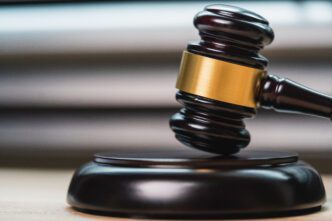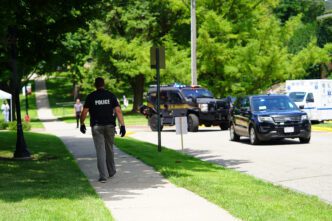Executive Summary
- An election law specialist argues that the widespread public distrust in U.S. elections is factually disconnected from the actual rarity of voter fraud.
- The author suggests many perceived issues arise from public misunderstanding of diverse, state-specific election procedures rather than malfeasance.
- Proposed solutions to restore confidence include increased transparency through audits and livestreaming, balanced security measures, and a call for political leaders to temper divisive rhetoric.
An election law expert, Audrey Perry Martin, argues that while voter fraud in the United States is exceedingly rare, public trust in the electoral process has been dangerously eroded by partisan rhetoric. In a recent analysis, Martin outlined a path to restoring confidence through enhanced transparency, comprehensive audits, and a more responsible discourse from political leaders.
According to Martin, the deep-seated distrust is “almost entirely disconnected from the facts.” She points out that the decentralized, locally-controlled nature of American elections makes widespread, outcome-altering fraud improbable. Martin also counters claims of voter suppression, stating that access to voting through early, mail-in, and online options has never been more convenient for citizens.
The analysis notes a partisan divide, with different states prioritizing either election integrity or accessibility. Martin emphasizes that a balance is essential, stating, “Security must coexist with access.” She cautions that not every law changing a voting process constitutes suppression, nor does every measure to increase access invite fraud.
Drawing from two decades of experience running Election Day legal operations, Martin explains that most reports of irregularities are rooted in misunderstanding. She describes how calls about perceived fraud often turn out to be confusion over voting machine operation or the differences between state-level ballot processing procedures, with the vast majority of legitimate issues being resolved quickly.
To rebuild public faith, Martin advocates for practical measures such as livestreaming ballot counts, allowing trained observers to monitor proceedings, and implementing reasonable security like voter ID laws. She concludes that political figures must temper inflammatory rhetoric, as embracing transparency and rejecting hyperbole is essential for the endurance of American democracy.






